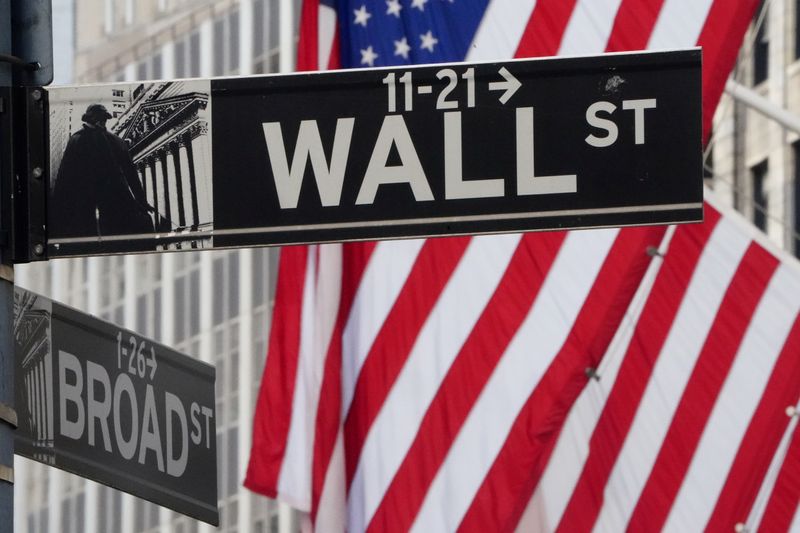By David Randall
NEW YORK (Reuters) - Global equities sank and perceived safe-haven assets like U.S. Treasuries and gold gained on Friday as investors weighed hopes that Europe will continue to rebound from the coronavirus pandemic's economic damage against concerns over a record surge in new COVID-19 infections in the United States.
The euro zone is "probably past" the worst of the economic crisis, European Central Bank President Christine Lagarde said, while urging authorities to prepare for a possible second wave.
There were at least 39,818 new coronavirus cases across the United States on Thursday, the largest one-day increase yet. The governor of Texas temporarily halted the state's reopening as infections and hospitalizations surged.
MSCI's gauge of stocks across the globe (MIWD00000PUS) shed 1.46% following broad declines in Europe and slight gains in Asia. The index is up approximately 40% since its March lows.
"Even though we continue to see some pretty scary virus numbers coming out of the U.S., it's not really dented sentiment – not to any sustained degree at least," said Timothy Graf, head of macro strategy for EMEA at State Street (NYSE:STT) Global Markets.
On Wall Street, the Dow Jones Industrial Average (DJI) fell 730.05 points, or 2.84%, to 25,015.55, the S&P 500 (SPX) lost 74.71 points, or 2.42%, to 3,009.05 and the Nasdaq Composite (IXIC) dropped 259.78 points, or 2.59%, to 9,757.22.
Concerns about the economic fallout from the surge in U.S. coronavirus cases helped bolster perceived safe havens. The dollar index (=USD) rose 0.07%, while benchmark 10-year notes (US10YT=RR) last rose 10/32 in price to yield 0.643%, from 0.674% late on Thursday.
Spot gold
Credit Suisse (SIX:CSGN) changed its position on global equities to "neutral" from "overweight," saying it was taking profits after the recent rally, but kept its overweight positions in credit markets.
"The upcoming earnings season, a recent uptick in coronavirus infection numbers and political developments in the USA create a challenging backdrop for financial markets going into the summer," said Michael Strobaek, Credit Suisse's global chief investment officer.

Record high inventories and fears of declining demand pushed oil prices lower. U.S. crude (CLc1) recently fell 1.6% to $38.10 per barrel and Brent (LCOc1) was at $40.65, down 0.97% on the day.
